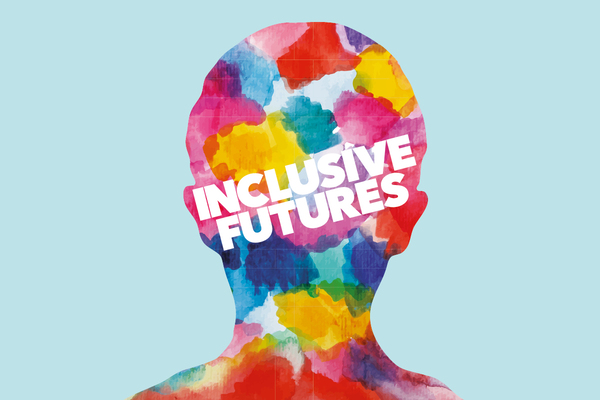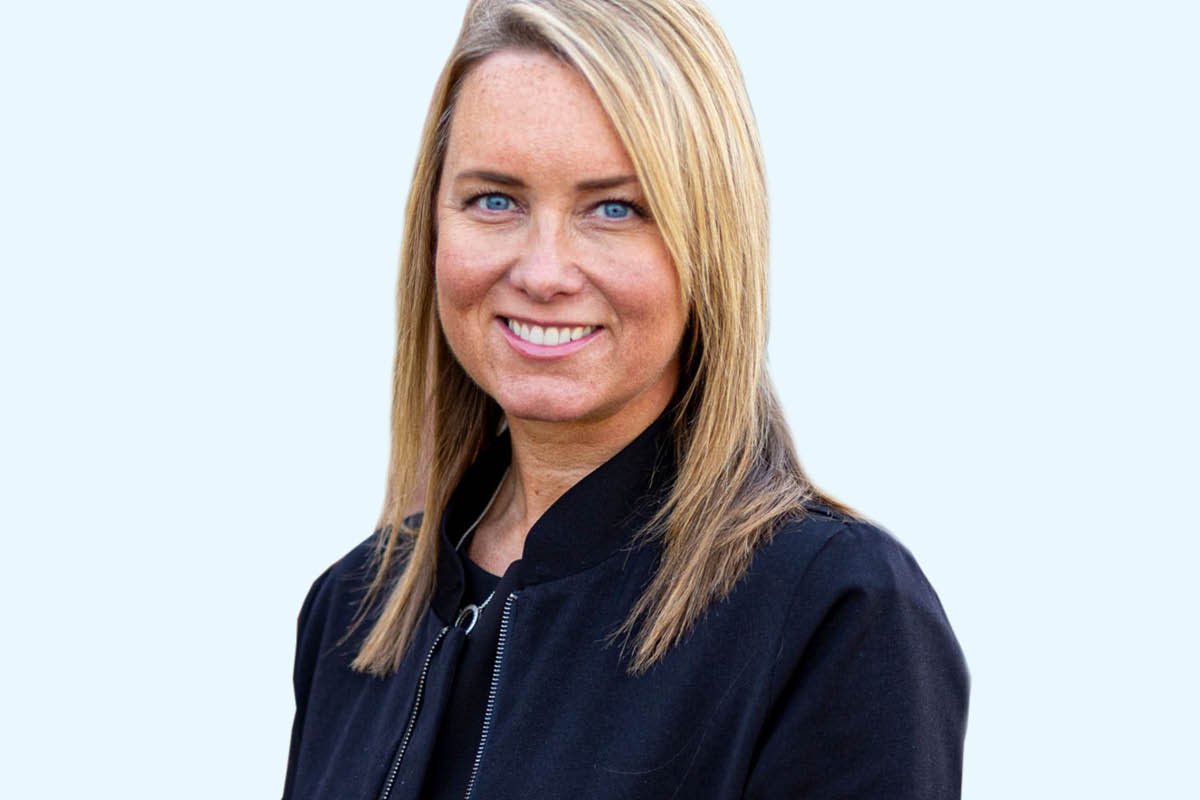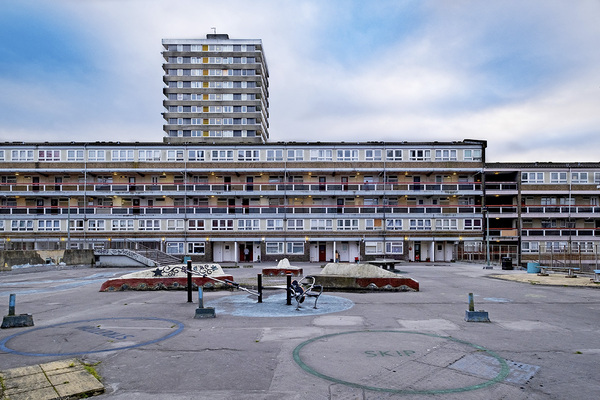You are viewing 1 of your 1 free articles

Steve Douglas is chief executive of St Mungo’s
Why the Rooney Rule matters
L&Q has announced it will interview at least one BME candidate and one female candidate when recruiting for senior rules. Steve Douglas explains why this is important
The announcement that L&Q is to adopt the Rooney rule, as part of its pledge to be a leadership diversity champion, follows hot on the heels of the Greater London Authority’s encouragement for housing associations to publish what they are doing to meet the diversity challenge.
For the many staff who work in housing associations from BME and diverse backgrounds, up and down the country, who may have felt that the glass ceiling continued to exist within our sector, there is a positive sense that the spotlight on diversity may bring change.
We know that the talent is out there.
“There is a positive sense that the spotlight on diversity may bring change.”
Research by The Guardian and Operation Black Vote – as part of its Inequality Project – has shown that BME individuals in major organisations are over-qualified for their roles.
The Leadership 2025 nine-month intensive business school accredited programme, has sought to identify this talent and to prepare them for the glass maze of leadership.
Aimed at executive ready and chief executive ready senior managers from BME Backgrounds and supported by Optivo, L&Q and BME London Landlords, it includes a strategic learning programme with practical learning and sector masterclasses.
It also includes sector leadership mentoring. The first cohort are mid-way through their course, and the second programme has just opened its door for applications.
The ambition of the programme is to produce a pool of talented leaders in our sector from BME backgrounds, recognised for their leadership qualities and pushing for opportunities to be leaders across our sector.
The business reasons to encourage this cohort and to achieve ethnic diversity across leadership teams are compelling.
From research undertaken by academics, business leaders in other sectors and other countries, and business advisers such as McKinsey and PWC, the case is irrefutable, and a review that we undertook in November 2017 identified a number of clear benefits that can be gained by housing associations.
These include diversity of thought leading to better business decisions, more effective solutions and greater connection to communities.
However, to make the difference in recruiting diverse talent, it needs employers to think differently when they recruit. This is why the Rooney Rule matters.
The Altair review called for a step change in our approach to diversity and recommended a practical five point plan, including adoption of the Rooney Rule.
The five Altair Leadership 2025 review recommendations for landlords:
- Report annually on key diversity statistics
- Set aspirational targets for your board and committee recruitment from under-represented groups
- Interview more diverse pools of candidates – with a recommendation of adopting the Rooney Rule where possible
- Develop the leadership pipeline of junior and middle-management BME individuals in your organsiations
- Chief executives and boards should lead by example, taking a pro-active and visble role in promoting, monitoring and endorsing the research’s recommendations
Taken together, the five point plan over time should bring about the cultural diversity at the top of the sector.
To date a small handful of housing associations have stepped up to the challenge.
But, if the England and Wales Cricket Board can sign up to the Rooney Rule and an action plan for diversity, then we as a sector should be equally visible and demonstrable in our commitment.
Optivo, L&Q, Shepherds Bush Housing Group and Curo to name but a few have already made the pledge and should be congratulated.
Hopefully many more across the sector will show the leadership that is required to make the change.
To find out more about the Leadership 2025 initiative, The Altair Review action plan or how to be part of the leadership index of champions for diversity, further details can be found at: www.leadership2025.co.uk
Steve Douglas, co-chief executive, Altair
Leadership 2025 is backed by Inside Housing as part of its Inclusive Futures campaign to improve diversity among social housing leadership teams.
What is the Rooney Rule?
The Rooney Rule originated in American football.
In 2003 the National Football League introduced a requirement that American football clubs must interview at least one BME candidate for vacant head coaching and other senior roles.
The concept is named after the late Dan Rooney, former chairman of the Pittsburgh Steelers, who spearheaded the rule’s introduction following concern about the lack of black coaches in the sport.
The England and Wales Cricket Board announced in May that is introducing the rule for all coaching positions.
L&Q announced on 22 May that it too was adopting the rule when recruiting for senior roles.
Inclusive Futures
Inside Housing’s Inclusive Futures campaign aims to promote and celebrate diversity and inclusion.
We are pledging to publish diversity audits of our own coverage.
We are also committed to proactively promoting positive role models.
We will do this through the pages of Inside Housing. But we will also seek to support other publications and events organisations to be more inclusive.
Our Inclusive Futures Bureau will provide a database of speakers and commentators from all backgrounds, for use by all media organisations.
We are also challenging readers to take five clear steps to promote diversity, informed by the Chartered Institute of Housing’s diversity commission and the Leadership 2025 project.
THE INCLUSIVE FUTURES CHALLENGE
Inside Housing calls on organisations to sign up to an inclusive future by taking five steps:
Prioritise diversity and inclusion at the top: commitment and persistence from chief executives, directors and chairs in setting goals and monitoring progress.
Collect data on the diversity of your board, leadership and total workforce and publish annually with your annual report. Consider gender, ethnicity, disability, sexuality, age, and representation of tenants on the board.
Set aspirational targets for recruitment to the executive team, board and committees from under-represented groups.
Challenge recruiting staff and agencies to ensure that all shortlists include candidates from under-represented groups.
Make diversity and inclusion a core theme in your talent management strategy to ensure you support people from under-represented groups to progress their careers.
INSIDE HOUSING’S PLEDGES
We will take proactive steps to promote positive role models from under-represented groups and provide information to support change.
We pledge to:
Publish diversity audits: We will audit the diversity of the commentators we feature. We will formalise this process and publish the results for future audits twice a year.
Promote role models: We will work to highlight leading lights from specific under-represented groups, starting in early 2018 with our new BME Leaders List.
Launch Inclusive Futures Bureau: We will work with the sector to compile a database of speakers, commentators and experts from under-represented groups. The bureau will be available to events organisers, media outlets and publications to support them to better represent the talent in the sector.
Take forward the Women in Housing Awards: Inside Housing has taken on these successful awards and will work to grow and develop them.
Convene Inclusive Futures Summit: Our new high-level event will support organisations to develop and implement strategies to become more diverse and inclusive.












